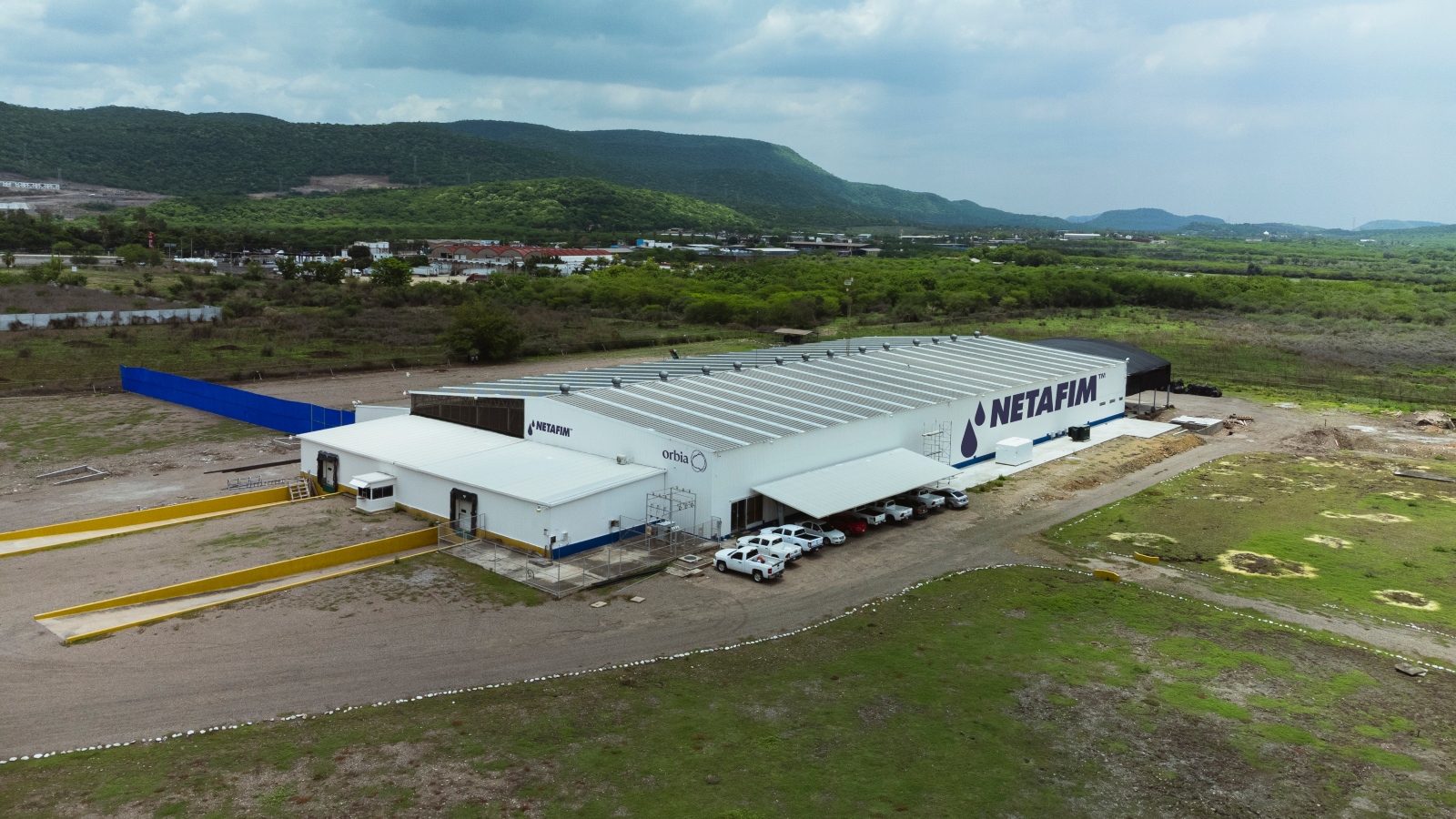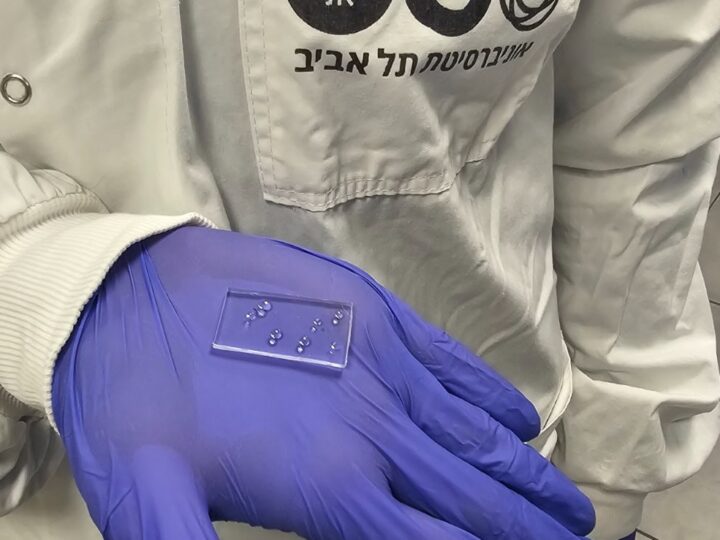Netafim, the Israeli pioneer and world leader of precision irrigation, has opened Mexico’s largest agricultural plastics recycling facility in Culiacán to reduce plastic waste in agriculture.
Last year’s report from the UN’s Food and Agriculture Organization highlighted the “disastrous” way in which plastic is used in farming. While recognizing plastic’s benefits in producing and protecting food, the FAO said it had become pervasive, and most of it is buried or burned after a single use.
The new Mexican facility, Netafim’s second agricultural plastics recycling plant, will receive used plastic irrigation driplines from farmers across the country. They will be shredded, washed and pelletized and then upcycled into new driplines. The facility can process more than 3,000 tons of plastic per year.
Netafim, whose irrigation and fertigation solutions are used in over 110 countries, has used some 170,000 tons of regenerated plastic during the last few years across its global operations.
The Israeli company, founded in 1965 and acquired by plastic pipes and fittings maker Orbia in 2017, operates a variety of recycling programs in California, Australia, Israel, Peru, Chile and Spain. By 2030, Netafim aims to have all its driplines contain at least 45 percent recycled content.
“At a time when precision irrigation solutions are needed to combat extreme drought and other weather conditions, our global ReGen Circularity Program advances our mission to make farming more environmentally responsible,” said Netafim’s Chief Sustainability Officer John Farner.
“One of our top five markets, Mexico is a major agricultural exporter and our Culiacán facility provides the region’s farmers with an efficient, holistic and rewarding solution to help achieve their sustainability goals.”
Netafim’s 40,000-square-meter plant in Culiacán has a water recirculation system and is powered by solar energy.
Fighting for Israel's truth
We cover what makes life in Israel so special — it's people. A non-profit organization, ISRAEL21c's team of journalists are committed to telling stories that humanize Israelis and show their positive impact on our world. You can bring these stories to life by making a donation of $6/month.









